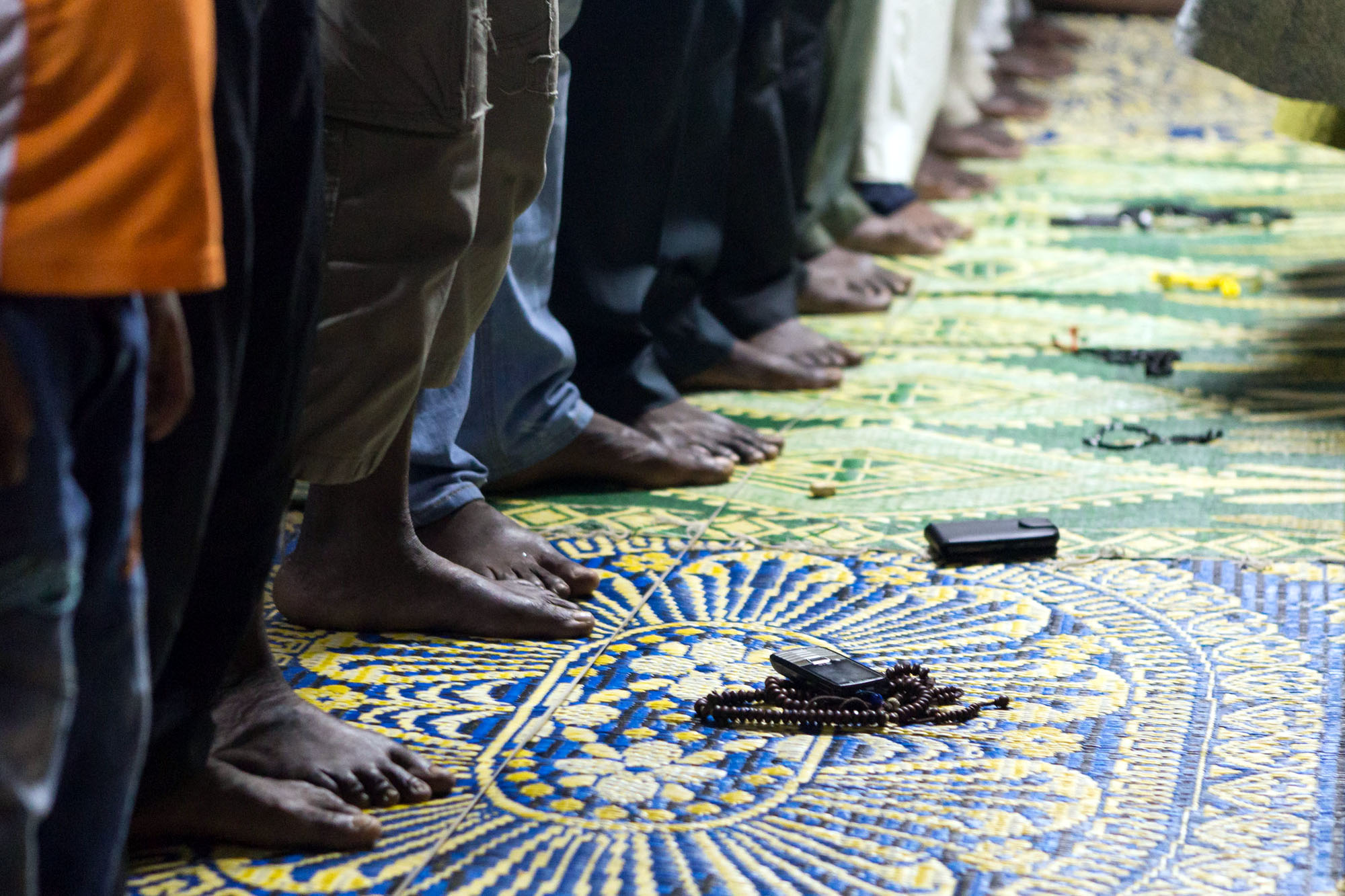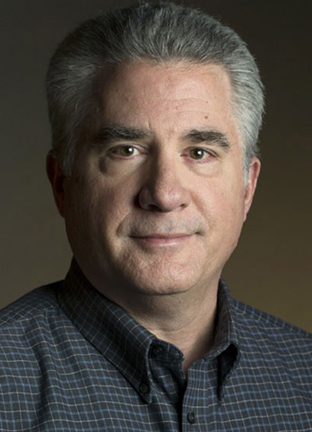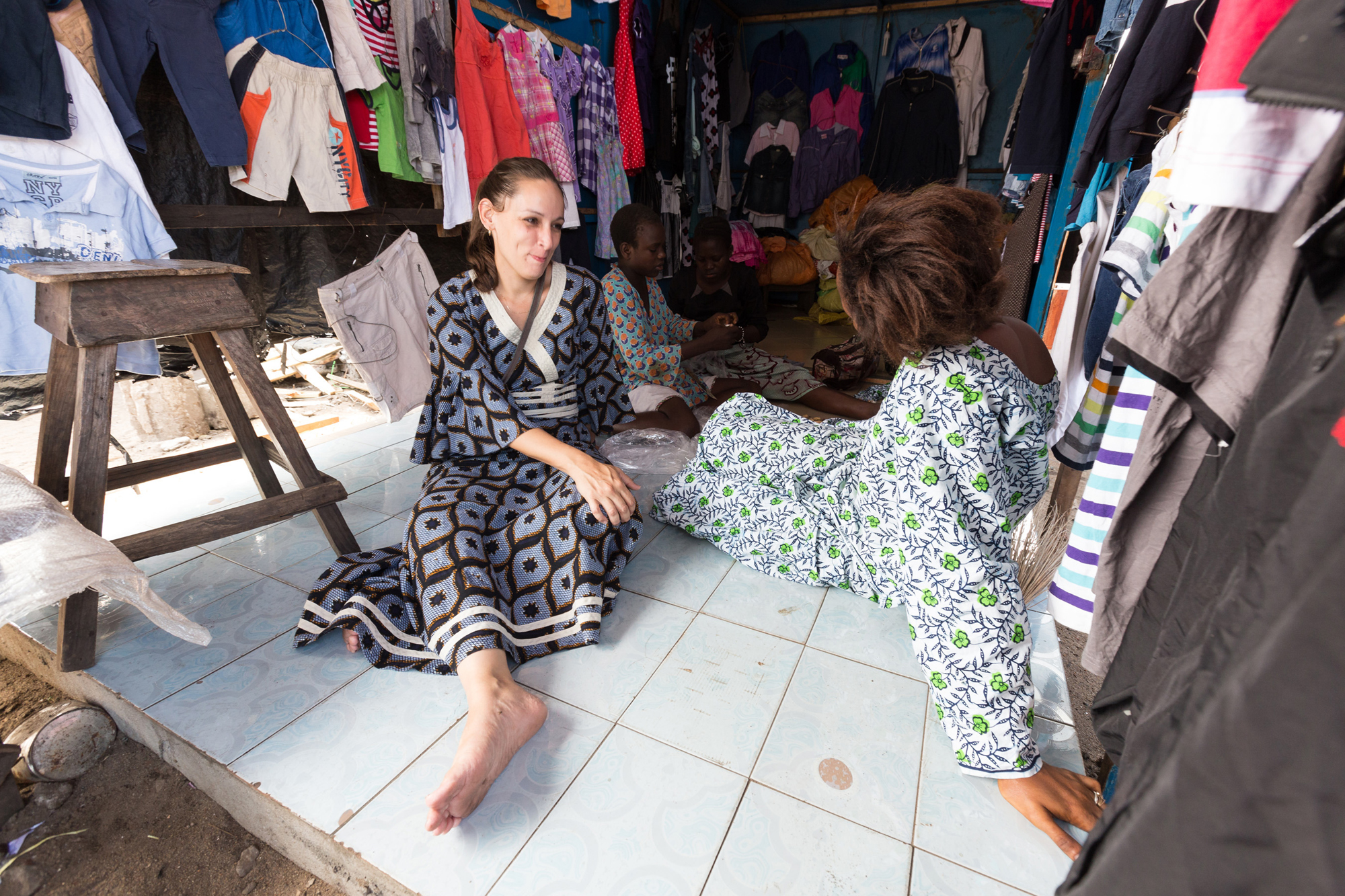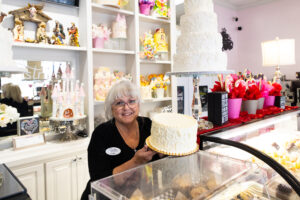
[SLIDESHOW=39414,39415]EDITOR’S NOTE: Ivory Coast was the country of focus for the 2014 International Mission Study by Woman’s Missionary Union (WMU). Find resources to support the study at wmu.com/IMS and imb.org/ims.
This is a three-part series. Please see two additional stories below this article.
ABIDJAN, Ivory Coast (BP) — Like churches in southern towns in the United States, mosques seem to be on every street corner in Abidjan, says missionary Mike McAfee.
The Muslim worship centers are easy to spot during the holy month of Ramadan, when, at the close of the fasting day, men gather to pray. As dusk comes on and the crowds gather at the neighborhood mosque, men spill out onto the sidewalk, sometimes filling as much as a city block. They kneel and bow — always facing Mecca to the northeast — as they perform their ritual prayers.
McAfee, an International Mission Board urban church planter, dreams of having a Baptist church in every quartier, or neighborhood, in Abidjan.
Centuries of tradition
Islam first reached Ivory Coast centuries ago, carried along the trade routes by Jula traders from Mali. The Jula (also spelled Dyula, Diula and Dioula) established a network of West African trade routes in the 14th century; even today, Jula remains the language of trade here. The Jula also established a tradition of Islamic scholarship at their trading centers such as the center in Bondoukou, a town about 200 miles northeast of Abidjan. As ethnic groups were drawn to these thriving centers, they were influenced by the growing religion of Islam.
McAfee estimated that Muslims make up 45 percent of Abidjan’s population. However, the Central Intelligence Agency’s World Factbook estimates that with 38.6 percent, Ivory Coast has a lower percentage of Muslims than neighboring Mali (94.8 percent), Guinea (85 percent) and Burkina Faso (60.5 percent), but as immigrants from those countries move into Abidjan for work, the Muslim presence continues to grow.
Sharing Christ
McAfee said unlike in other places, it’s easy to talk about Christ in Abidjan because Muslims here think it’s always good to talk about God.
“They’re very open to talking about God, and we can talk about God almost every day with a Muslim,” he said. “They invite us into their houses … so it’s not hard for us to go speak with Muslims about God and to [do Bible storying] with them. However, what happens is … it’s very difficult for them to accept Christ even when astonishing things happen for them.
“They say, ‘Just tell me the stories. It’s the same God. So go ahead and tell me the story.’ And then you tell your stories, and afterward you say, ‘OK, so you thought it’s the same God. What do you think now? Did your God die for you so that you could have eternal life?’
“It brings them to a point of crisis, and they either believe it or they don’t. You can’t force them,” McAfee said.
Coming to faith
Bakary Bamba grew up a practicing Muslim, but a few years ago, he accepted Christ as his Savior. He explained that it is not a decision a young man born into a Muslim family here can make lightly.
“Many young [people] stay Muslim and are afraid of becoming Christians because they are afraid of their parents — the father, the mother. And often they don’t have the courage and the will,” Bamba said.
“For me who comes from the Muslim religion, I know how many times the father and mother are the gods of the young Muslim.”
Bamba noted that because the father has such strong authority, he could say, “If you don’t do what I say, then you will leave my house. And when you leave my household, no member of my family will receive you. You will do nothing. No friend will receive you.
“But when you imagine that if [you] leave [the] house that [your] father built [and] find [yourself] in the street without the support of anyone, then you are obliged to respect and obey the decision of your parents,” Bamba explained.
However, if a Christian becomes a Muslim in this culture, Bamba said there seems to be much to gain. With Islam comes a large measure of community unity, he noted.
“The Christian who becomes a Muslim — there is this solidarity that Muslims create around this person. There is a lot of attention,” Bamba said. “You have to say, in Muslim families here, people eat a lot together during their holidays.” Communal meals and celebrations during Islamic holidays are inviting aspects of the religion.
Down a side street in the Treichville community is a street of tailors. This area is known throughout Abidjan as the best place in the city for tailor-made clothes. Small shops line both sides of the street; each shop is open to the sidewalk with a metal roll-down gate that is closed only at the end of the workday.
The tailors are easy to spot among the other shopkeepers and sellers by the tape measures draped around their necks. Most of the tailors are men, though a few women assist in the shops, bending over steaming irons as they press open seams.
One and only
Most of the tailors are also Muslims. Muslims who immigrate to Abidjan tend to go into trades and commerce rather than seek higher education, said Anderson, the only Christian tailor on this street. He grew up in this neighborhood and was apprenticed to a Muslim tailor to learn the skill.
While Anderson works in his small shop on this late afternoon during Ramadan, smoothing out fabric for a shirt, laying a cloth pattern on top and marking it with chalk, dusk starts to fall. As he cuts the fabric with shears, the Muslim tailor next door stops his work. Using a small plastic jug of water, he stands by the street and washes his hands and arms up to his elbows, his head and his feet. All the other tailors along the street are doing their ritual ablution, or washing, as well, preparing for the call to prayer.
Darkness comes quickly and small television sets in a number of shops along the street are all tuned in to Mecca. The call to prayer can be heard over their speakers and through raspy speakers from nearby mosques. A couple of blocks away, men line up on the sidewalk to pray. The whole neighborhood is stilled as the call rings out.
Anderson said it isn’t easy being the only Christian on this street. When he was trained as a tailor, he was taught to make the traditional long flowing boubou Muslims wear. But now that he works for himself, he only makes men’s shirts. He said sometimes the Muslim tailors test and push him. He’s had groups of men pray right in front of his shop to see what he’ll do.
It’s a process
McAfee said sharing Christ with Muslims is a process.
“It takes time for them to think it over, think it through — the ramifications,” he said. “What is my family going to do? What is my wife going to do? What is the truth? What am I going to do with that? Sometimes they accept and sadly, most of the time, they don’t.”
The three responses McAfee said he most often receives are “they’re not able to follow, they’re not willing to follow, or they want to hear more.”
McAfee said his wife Heather hears the “unable to follow” response all the time because she shares with women who are often frightened of their husbands’ responses if they were to follow Christ. McAfee hears the unwilling response from those who may hear and understand the truth but are going to hold fast to their Muslim identity.
“And then you’ve got the people like Bamba. He just kept hearing the stories over and over and over until he decided it was true. Sometimes it takes awhile. We just have to be obedient and tell the story. And pray,” he said.
“You don’t know what seeds you’re planting.”
***************************
Dreams, visions of Christ common before conversion
ABIDJAN, Ivory Coast (BP) — Bakary Bamba, a Muslim, was weary on the day in 2005 when he stretched out to rest in his aunt’s home. As he lay down, Bamba saw a white hand.
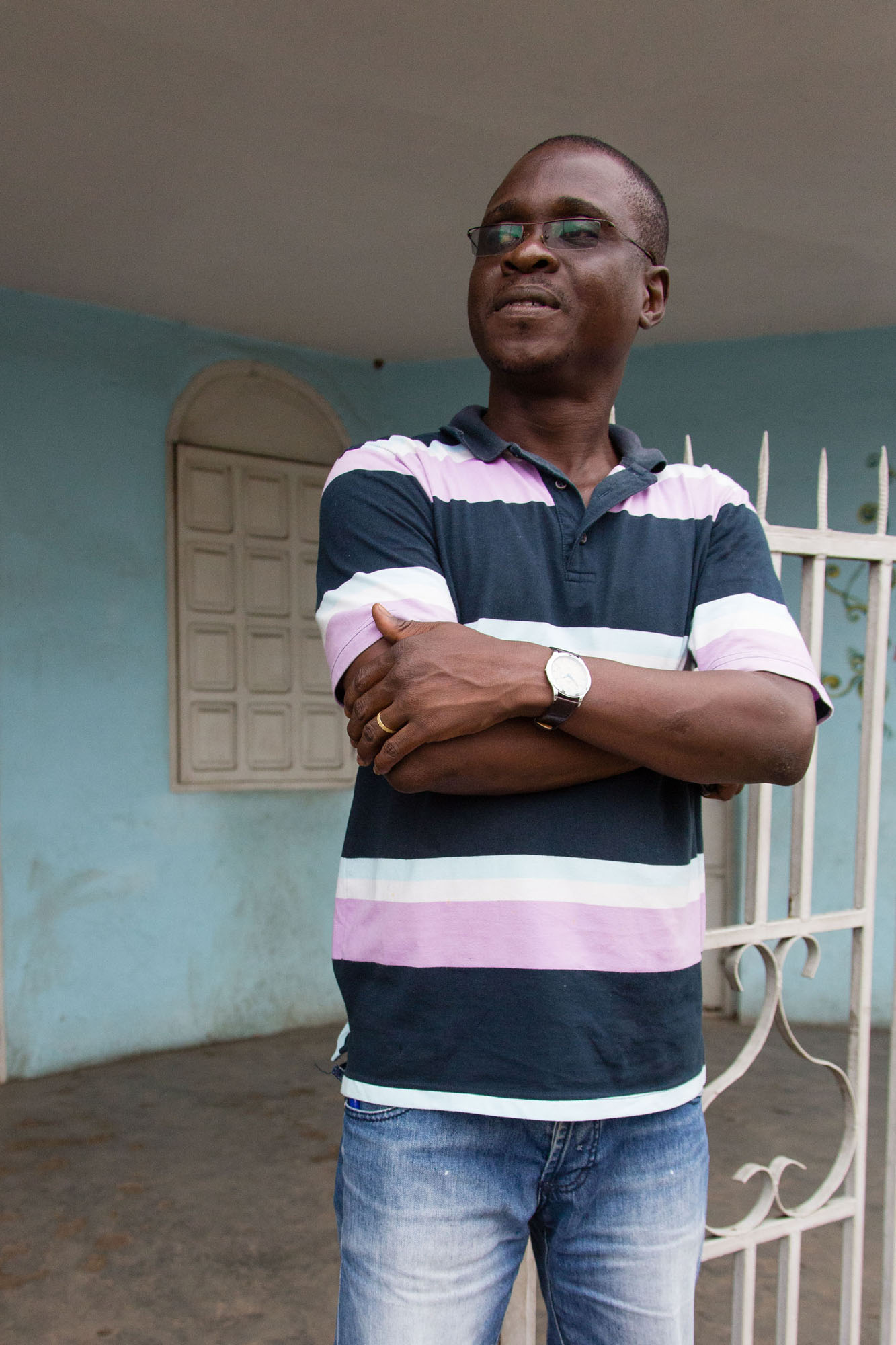 “A white hand?” he recalled eight years later. “I thought, ‘What is going on?'”
“A white hand?” he recalled eight years later. “I thought, ‘What is going on?'”
The white hand came down and touched him on the stomach. And he heard, “Pray!” Frightened and confused, Bamba got up and ran out of the house. His aunt asked him what was wrong; he replied, “Nothing.”
Even though the memory of the vision was strong and stayed with Bamba in the following years, he continued to practice Islam.
In 2010, Bamba accompanied a group of Christian missionaries to northern Ivory Coast. On the trip, he met IMB missionary Mike McAfee. They developed a deep friendship.
“When we talked about Christ, he was very interested,” McAfee recalled of the early days of his friendship with Bamba. “We started telling him [Bible] stories, and we arrived at the story of the death and resurrection of Jesus.
“When Jesus appeared to His disciples, His clothes were white. We also told him the story of the transfiguration of Jesus, where His clothes became so bright that it had to be God Who turned them white.
“Bamba realized that the hand that came down to touch him [in 2005] was the hand of Christ,” McAfee said. “He then realized that Jesus was the Son of God. He also realized that the only way to eternal life is through Christ.”
The man in white
McAfee said he knows several former Muslims who have had dreams or visions before coming to Christ.
“I have a friend named Mustafa, and he works at the artisanal market. He was a very staunch Muslim and he was dying,” McAfee said. “[His family] called in the marabout [a mystic healer]. They called in the Imam. They called in everyone to pray for him, and he kept getting worse and worse and worse.
“And finally a Christian woman came and said, ‘Can I pray for you?’ He was about dead and the family said, ‘OK.’ So this African Christian lady started praying for him. Immediately he told me he started having a vision of a Man in white in front of him. And [the Man] had a white rope tied around His waist. And He handed Mustafa the white rope and told him to take it and come and follow Him.
“Mustafa says in his vision, he reached out and grabbed the rope and that he started following the Man in white and immediately he was healed. It’s an amazing story and after that, he’s always followed Christ.
“He became a Christian. He got kicked out of his family. He had no money and he had no job. He had nothing. Kicked out,” McAfee said. “But he was healed. He says, ‘Christ saved me in my life. I’m following Christ.'”
***************************
Forever changed: Muslim decides to follow Christ despite challenges
ABIDJAN, Ivory Coast (BP) — Like many young men in Abidjan, Bakary Bamba needed work. So when a friend said, “Bamba, I think I’ve got a good job for you,” it was good news to him. Little did he know the job would change his life forever.
His friend told him about some missionaries who had arrived and wanted to go to northern Ivory Coast for an evangelism mission. Then his friend asked if he would be willing to go with them since he had a driver’s license. “I said, ‘Yes, that works! Since they’re going to pay me, that’s no problem,'” Bamba recalled three years later.
These were Christian missionaries, however, and Bamba, like many young men in Abidjan, was a practicing Muslim. Work was work though, and he agreed to drive the missionaries.
On the day they departed, he met IMB missionary Mike McAfee. McAfee was learning the Jula language, and since Bamba is a Jula speaker, they agreed to chat in Jula as they traveled.
“We passed through several villages in the north. Mankono — I think it was that region,” Bamba recalled. “And I saw that the missionaries brought aid to the population. They healed the folks that were sick — kids with distended bellies from worms. They gave out pills for malaria.”
On the return drive, Bamba talked at length with a couple of other Christian men in the group. When the group pulled into Yamoussoukro on the way back to Abidjan, the Christians visited with an Ivorian pastor, and that was when the dreaded question came to Bamba.
“He asked me if I was Muslim. I said, ‘Yes.’ In my head, I thought, ‘Aww, it’s going to start again. They’re going to start evangelizing to me!’
“He asked me the question, ‘Have you heard talk of Jesus Christ?’ I said, ‘Yes, yes.’ In fact, I wanted to avoid his questions. He said, ‘What if I asked you, do you want to accept Jesus in your life?’ I automatically responded, ‘And if I said yes, would you believe that was the truth?’
“I said, ‘I don’t want to lie. I don’t know Jesus. I’m Muslim. I’ll see, maybe later.’ And I was impatient to arrive in Abidjan, because for me, I wanted to quickly rid myself of these Christians.”
‘Don’t ask questions’
Bamba moved to Abidjan as a small child in 1979, when his family relocated there from Gagnoa, the market town where he was born.
“I was born of a Muslim family,” Bamba said. His father was a Muslim, but his mother was a Roman Catholic who converted to Islam, because according to Islamic principles, a Muslim man must marry a Muslim woman. “So we practiced the Muslim religion. For many years, I practiced the Muslim religion.”
Bamba explained what it means to be born into a Muslim family in Ivory Coast: “Here a child born into a Muslim family has no choice. … He becomes Muslim.
“I’m going to give a small example,” he continued. “I was, I think, 16 or 17 years old, and I asked one of my cousins, ‘I noticed that everyone prays [in the mosque]. Is there no other religion?’ He said, ‘What a stupid question. Why would you ask me such a question? You were born. You found your father and what religion did he practice?’ I said, ‘The Muslim religion.’ ‘And your mother?’ ‘The Muslim religion,’ I answered.
“And he said, ‘So? You don’t ask questions. You practice the Muslim religion.’
“So it’s a culture that insists on certain values that prevent individuals from really expressing themselves,” Bamba said. “The young Muslim doesn’t have the right … to look at his father or mother face-to-face, and for the young Muslim, it’s difficult to discuss with his parents. He has the obligation to obey everything the parents say.”
Read the Word
Bamba didn’t stay “rid of these Christians” for long once he returned to Abidjan. After his trip up north with the Christian group, another missionary spent time with him and gave him a Bible.
“I opened, for the first time, a Bible,” Bamba said. “And I fell across the Gospel of John. And I started to read the Word of God. I read, I read, I read. And when I started, it was difficult for me to stop reading again.”
During this time, McAfee was also storying with Bamba and his family, teaching them significant Bible stories.
Again Bamba was asked to help with a trip to northern Ivory Coast. “This time with a [volunteer] team that had come to do drama — to show the story of Jesus, His birth to His resurrection — all of it,” he recalled. The team was from Central Baptist Church in Jonesboro, Ark. And as Bamba watched the drama, his soul was stirred.
“I was very touched by the drama, and I was very touched by the message,” he said. “I said to myself, ‘You have to have love for others, you have to love God to buy plane tickets [to travel this far].’ Lots of people — maybe 35 people — coming to Africa, sharing the Word of God.”
Bamba realized that he wanted to meet the God who would motivate such love. “If they do this, certainly there is a God … and that God, I wanted to discover Him.”
He called McAfee while he was still in the north to tell him that he wanted to be baptized. When Bamba returned, McAfee baptized him in Abidjan’s lagoon.
“I found a place in the lagoon that wasn’t too dirty and I joyfully baptized Bamba,” he said.
He had heard that Bamba, while he was still in the north, began to share his newfound faith — with bus drivers, the police and rebels. “This is exactly what happened in the Bible when someone accepted Christ. They were full of the Holy Spirit and shared with everyone the love they had found,” McAfee said.
Pray a lot
Bamba’s Muslim family and friends were not so joyful at this change.
“My aunt looked at me and said, ‘Are you nuts? Are you crazy? That’s a curse. You’re leaving the religion of your father — and even your mother who was a Christian and converted to Islam. You’re leaving his religion and deciding to follow another religion? This Christian religion?'”
Bamba said the changes in his relationships, especially with his Muslim friends, were difficult. “Certain ones decided to no longer speak to me. Others said, ‘You’ve decided to leave your family and choose another family. We don’t know what we have to talk about anymore, because you were born, your father was Muslim, your mother was Muslim, and now you decide to change?'”
His friends were not only surprised but also very mad. “We went together to the mosque each Friday. We would hold the Muslim fast together, and all of a sudden, I change,” Bamba explained.
“I knew it would be difficult, and I knew that if you don’t have the faith, you will go back. So I forged ahead. I prayed — I prayed a lot,” he said.
Bamba also received support from Christian friends and his wife, who has joined him in following Jesus.
“But God gave me work. … My youngest, who will be one year old soon, came into the world. And so all this grace, I think it is the Lord. And I can do nothing but thank Him.”
